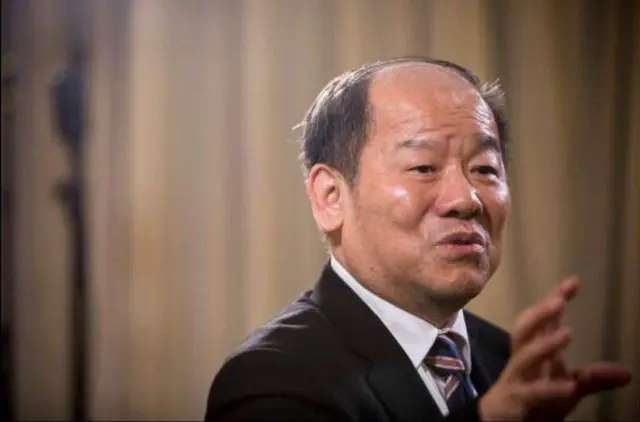The Association of Southeast Asian Nations (ASEAN) and the United States have vowed to cooperate in combating trafficking in persons, seeking new standard guidelines and norms and new protocol in fight against modern slavery.
The Myanmar-hosted ASEAN-U.S. seminar on trafficking in persons, just held in Yangon, maintained that cooperation in curbing human trafficking has become an important task for every country as such crime is a growing global issue.
Myanmar's Central Body for Suppression of Trafficking in Persons claimed that it has added new momentum to the fight against human trafficking in partnership with local and international non-governmental organizations and the United Nations.
According to the Myanmar Police Force, at least five liaison offices have been opened in the border areas of China and Thailand and a temporary shelter for human trafficking victims is also established in Kawthoung, Myanmar's Kayin state, with the assistance of Japan.
Plans are also underway to open a new temporary shelter in Myawaddy in the state bordering Thailand's Maesot.
Police records released at the end of September this year show that Myanmar witnessed a dramatic decrease in the number of forced marriage, beggars and child adoption, thanks to the collaborated efforts with neighboring countries.
Meanwhile, Myanmar will also draw and implement a subregional action plan for the year 2014-18 in collaboration with ASEAN members, China and Thailand in its increased effort to crack down on human trafficking.
Myanmar has taken part in the program of the Coordinated Mekong Ministerial Initiative against Trafficking (COMMIT) in cooperation with the six Mekong regional member countries.
The plan will be implemented in addition to Myanmar's second five-year plan of fight against human trafficking from 2012 to 2016, the Home Ministry disclosed.
In collaboration with the international community including UN organizations, local and international non-governmental organizations, Myanmar has implemented its first five-year plan from 2007 to 2011.
Myanmar authorities also claimed that it was able to arrest 211 human traffickers in 2014, rescuing 105 victims.
Human trafficking cases mostly occurred in Myanmar's northeastern Shan state, followed by Yangon and Mandalay regions, Kachin state.
Most of the trafficking cases lead to forcing many girls to marry with men inThailand, China and Malaysia and children to work as laborers.
Statistics show that from 2006 to 2013, Myanmar police exposed 999 cases of trafficking in person and arrested 2,757 human traffickers who had trafficked 2,234 victims.
Myanmar enacted the Anti-Human Trafficking law in September 2005.
 简体中文
简体中文

